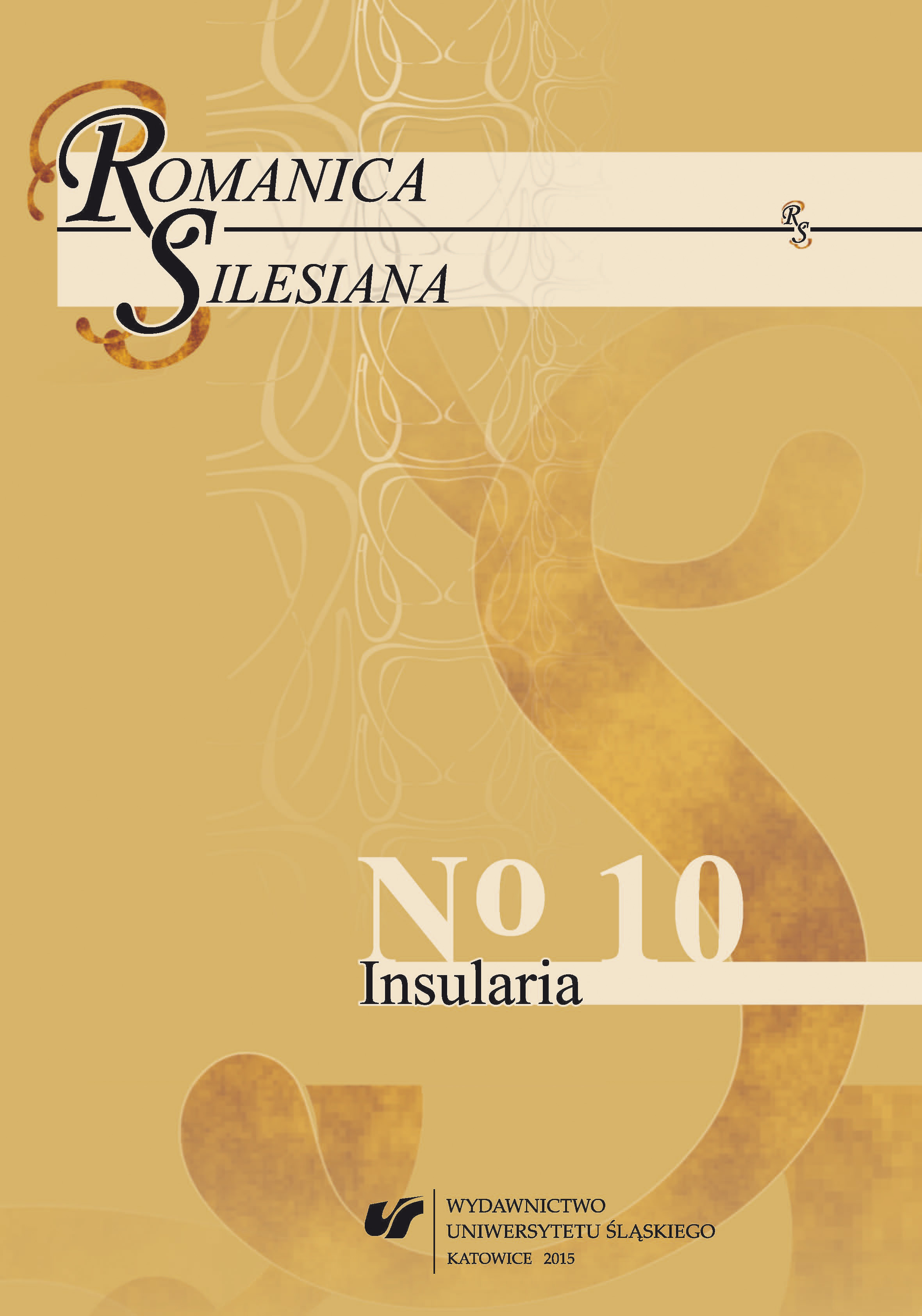Une vision européenne de l’île
A European Vision of An Island
Author(s): Beatrice NickelSubject(s): Language and Literature Studies, Studies of Literature, French Literature, Theory of Literature
Published by: Wydawnictwo Uniwersytetu Śląskiego
Keywords: Tahiti; the Enlightenment; bon sauvage; utopian thought
Summary/Abstract: In his “Discourse on the Origin and Basis of Inequality Among Men” (“Discours sur l’origine et les fondements de l’inégalité parmi les hommes”, 1755) Jean-Jacques Rousseau argued that man, in a state of nature, was inherently good, but became depraved the moment he decided to live in societies. In 18th century European literature, Rousseau’s idea assumed shape in the description of the original inhabitants of Tahiti. For the first time, Louis Antoine de Bougainville described them as the embodiment of Rousseau’s natural man. At this very moment, Tahiti became, in the European imagination, the epitome of paradise on earth. Beside the account of Bougainville’s journey, the following paper is focussed on literary texts of James Cook, Georg Forster and Denis Diderot.
Journal: Romanica Silesiana
- Issue Year: 2015
- Issue No: 10
- Page Range: 23-31
- Page Count: 9
- Language: French

